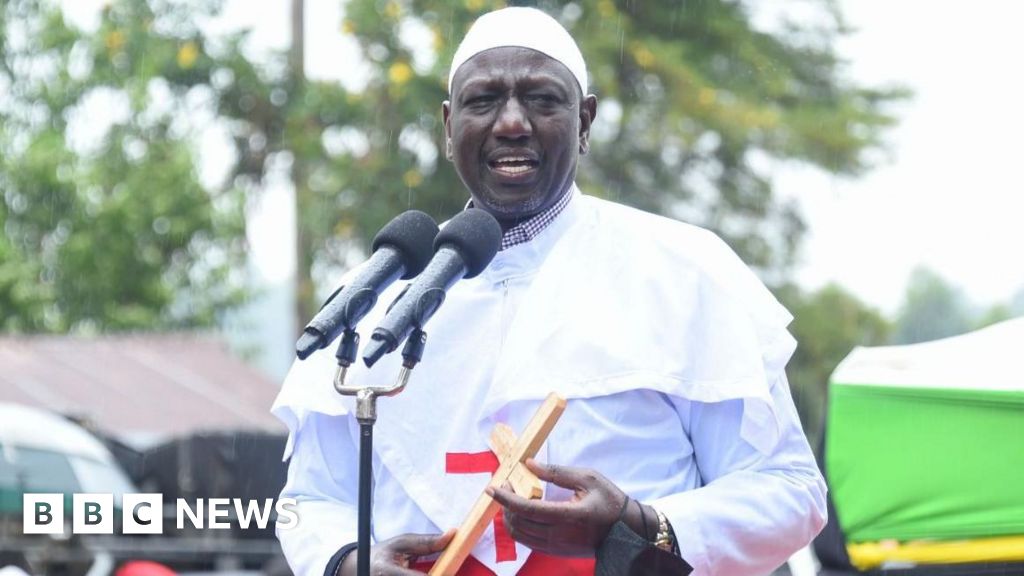The Slovakian parliament on Thursday approved a plan to revamp the public broadcaster RTVS and change its leadership. It will take effect in July after the president signs the bill.
Some of the changes have led to public protests and concerns over political control over media freedom.
The government has accused the broadcaster of being biased and ignoring opinions that vary from the mainstream. The new law would change how the oversight council for RTVS is chosen.
"The draft law ... has the goal of strengthening the public-law character of [the broadcaster] and ensuring respect for plurality and the principles of democracy and free creation," Culture Minister Martina Simkovicova told reporters on Thursday.
Concern about media freedom
RTVS Director Lubos Machaj said it was a "black day" for Slovakian media.
As per the legislation RTVS' director is set to be replaced before his term expires. The position will be filled by a nine-member council appointed by the culture minister and parliament. The name of the channel will also change to Slovak Television and Radio (STVR).
"The failure to establish precise processes for the change from RTVS to STVR, combined with the absence of full leadership, could destabilize the institution and jeopardize production," RTVS said in a statement.
Some European Union observers and media advocacy groups have also raised concerns about the changes.
Prime Minister Robert Fico, who came to power last year, has opposed the media and organizations that he says have been unfriendly towards him. Local media said opposition parliamentarians walked out before voting on the bill. It was backed by 78 lawmakers.
Michal Simecka, head of Slovakia's opposition party Progressive Slovakia (PS), said he would challenge the law in the Constitutional Court.
The European Broadcasting Union and European Commission Vice President Vera Jourova also voiced concern. Reporters Without Borders (RSF) said this month it allowed "for the politicisation of the public broadcaster by the government that would fatally compromise its independence."
tg/sms (dpa, Reuters)

 5 months ago
15
5 months ago
15









